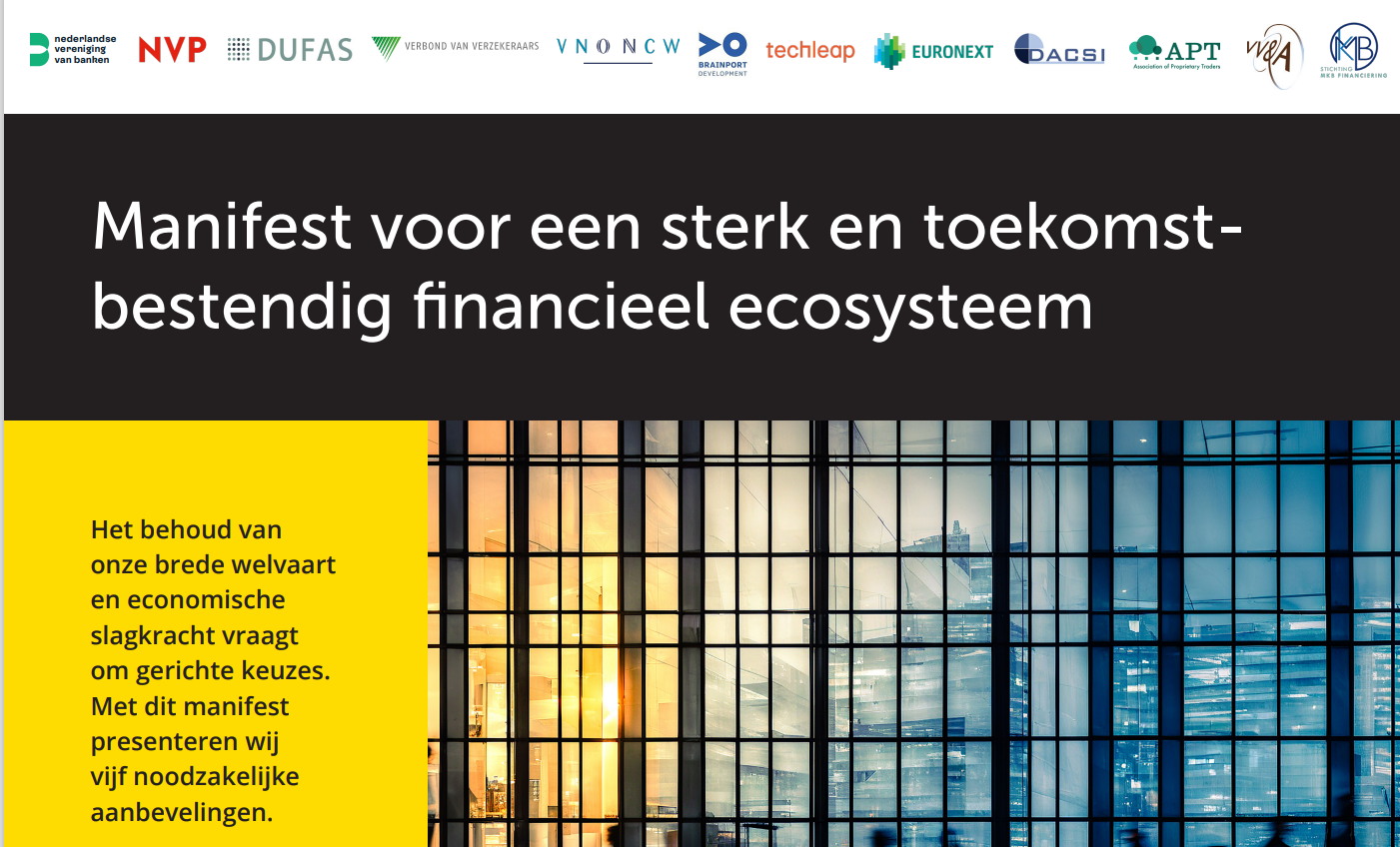
Frank van Geel of Rotterdam-based asset manager Transtrend has been head of compliance since 2019. The company where he works has been a member of DUFAS for several months. Frank himself - originally a lawyer but now a corporate lawyer in the financial sector for more than 25 years - is member representative and thus the contact person. And for good reason, the conversation reveals. "We want to become more active in the debate in the Netherlands. That is much needed."
Why are you joining Dufas now?
"Transtrend is a relatively small asset manager and has been around for over thirty years. With about eighty people and a portfolio of about five billion euros, we mainly serve institutional investors such as pension funds, and they are worldwide. I know DUFAS from when I used to work for a large Dutch asset manager. Lately, we feel more and more the need to become more connected in the Netherlands."
Tell us more!
"We are fundamentally a Dutch asset manager and with our license we fall primarily under the Financial Markets Authority (AFM). We want to be more active in the Dutch debate and DUFAS is an excellent partner in this. We should not only look at the role we can play at the detailed level of laws and regulations, but also look at the interests of the sector as a whole. For me, the ever-increasing audit and regulatory pressure are important points of attention. DUFAS is the interlocutor for this on behalf of the sector."
Doesn’t it make sense that asset managers have to deal with more and more regulations?
"The Future of European Competitiveness" report by Mario Draghi has raised a lot of controversy. It notes: the US and China innovate and compete, the EU is mostly regulating. Should we be known like that, do we want to be? Innovation, competition and economic growth in Europe lag behind the U.S. and Asian countries, and ever more complex regulations play a role in this, according to Draghi. There is momentum to draw sustained attention to this. Of course, if you rewind the movie, there have been incidents over the past two decades and we have had to deal with the credit crisis. I understand that politicians want to control risks and then come up with new rules. At the same time you see: once a sector is regulated, like the financial sector, it can always be regulated again. A kind of self-reinforcing effect."
What are you coming to bring further?
"Transtrend wants to actively participate in the various working groups DUFAS has. We are now looking around and getting inspired. We don’t want to be a member who sits back. After all, you get out of your membership what you put into it. For example, a Dufas working group works on the image of investing in a general sense, focusing on the importance of investing for ordinary people. That’s important! A lot needs to be done there, and you can see that politicians have an ear for this. I am curious as to whether what I consider important, namely a reduction in the pressure of regulation and control, can also be seen in the election manifestos of the political parties in the elections to the Lower House of Parliament on October 29. And how that in turn fits within the ambitions of the newly formed cabinet. I have a positive image of the trade association and the people who work there, so I look forward to our cooperation!"

